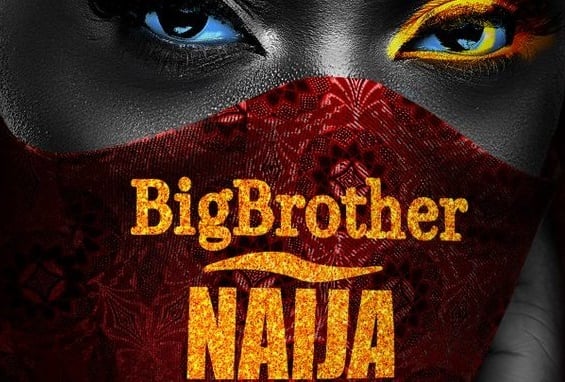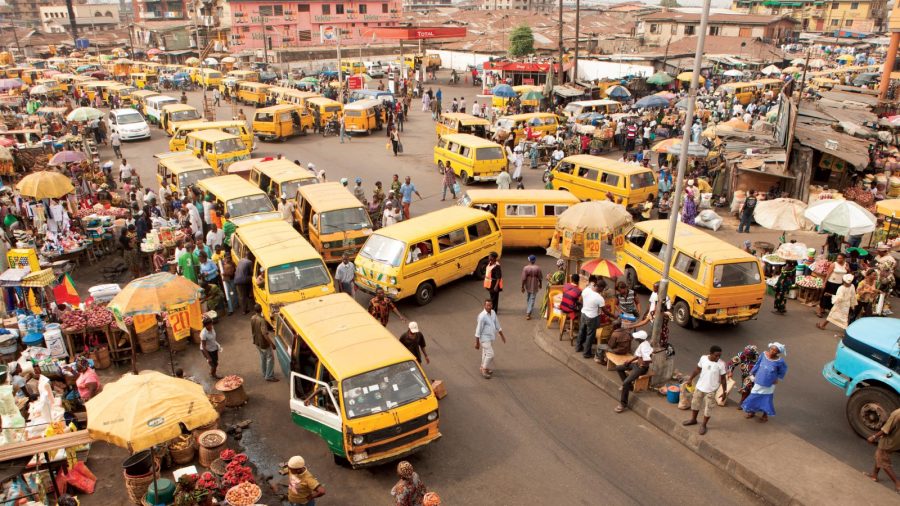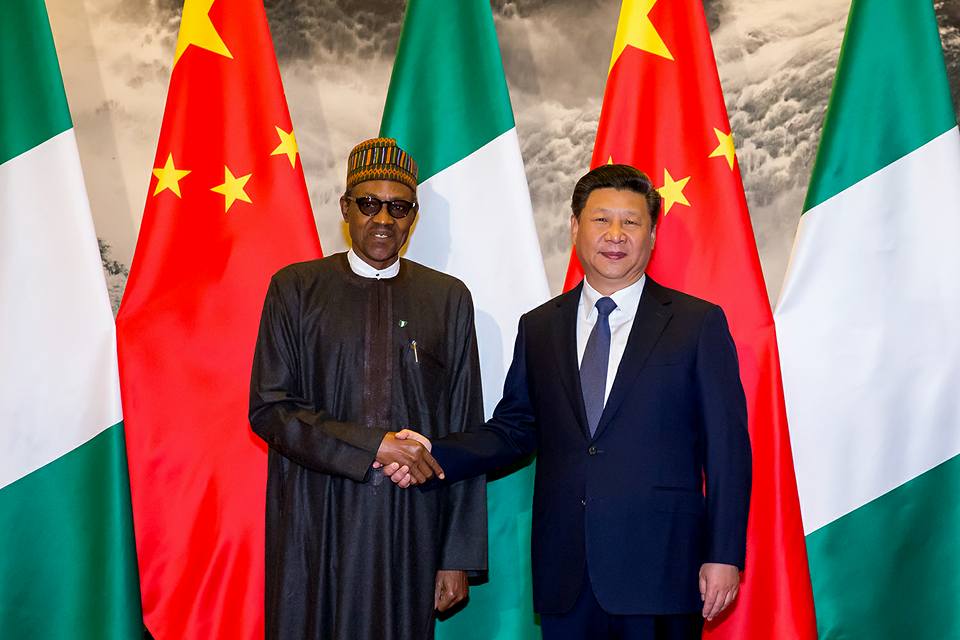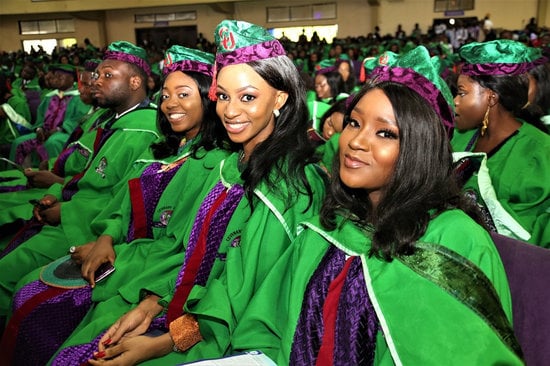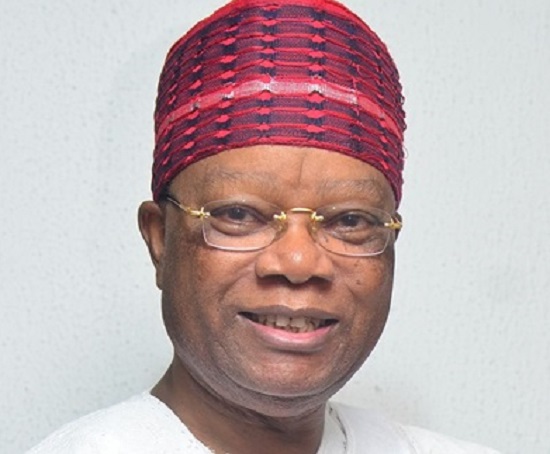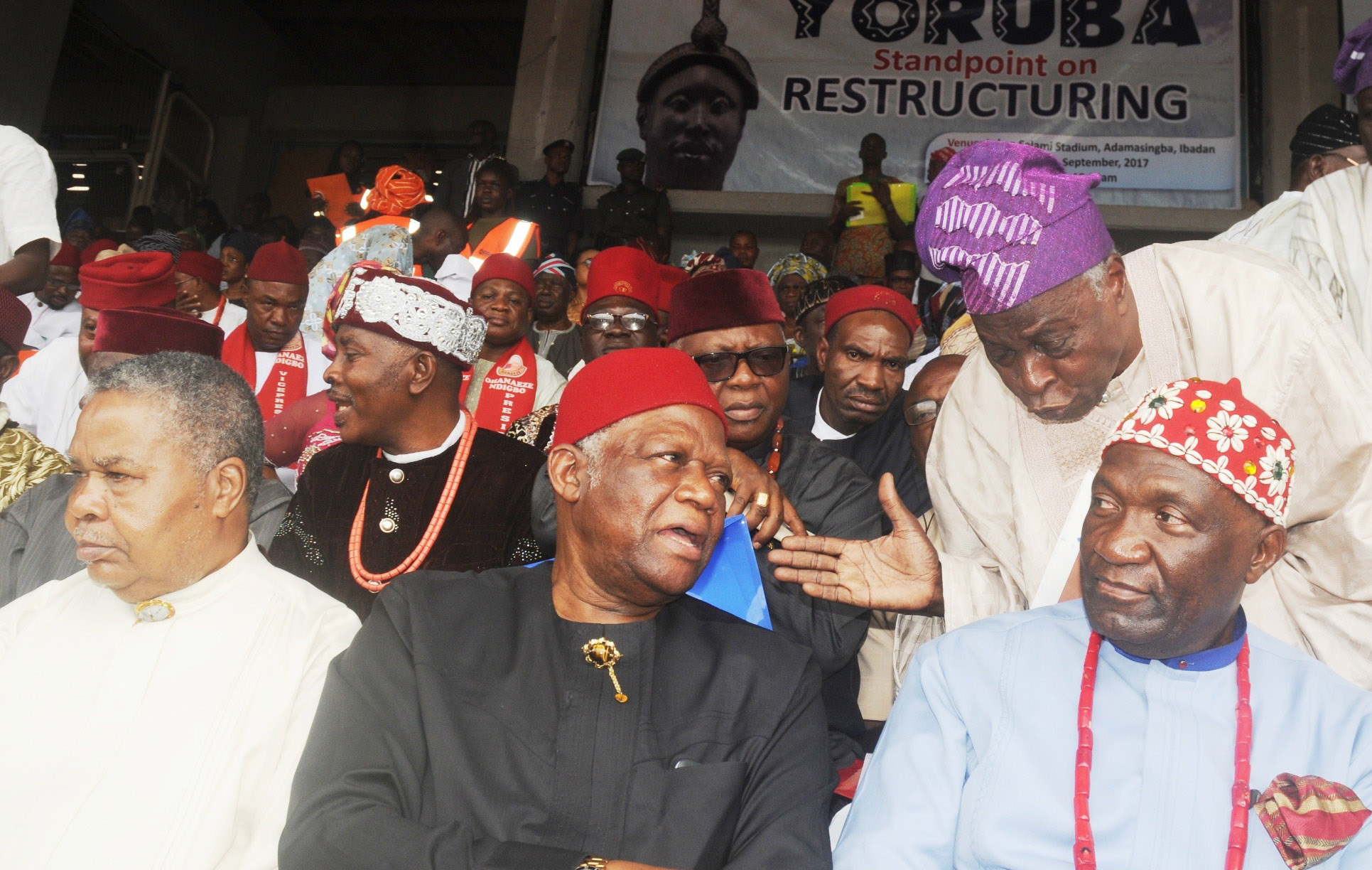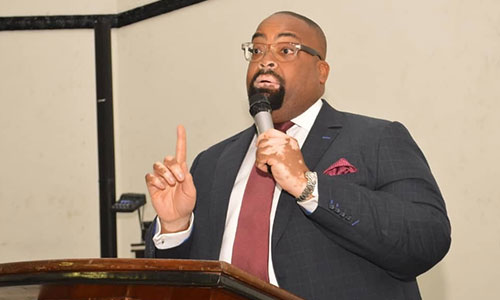BBNaija 2020 to boost Nigeria's economy by 'at least N2bn'
A couple of months ago when I had a long conversation with one of my close friends, Big Brother, the TV global franchise, crept in very unconsciously. We had no idea that season five was close to the stage of execution. We were talking about the lockdown forced by COVID-19 and how the worst colours of our nation were coming out, all for the very base reason that emotions and weaknesses couldn’t be kept within normalcy and had boiled over for the sake of the lockdown.
There is more criminality at the moment without consequences. Rape is becoming an epidemic. Flip through the pages of newspapers or spend some time in front of the TV, all kinds of gory tales would spew out – the story of a 70 year old man raping a two year old child; fathers sleeping with their daughters and, in some cases, impregnating them and procuring abortions.
Pray, what kind of headline is that which says: 70 year old man rapes a two year old? There has to be a more ignoble way, some level of infamy and opprobrium to capture that elderly bestiality and scum. How does a two-year old fight to ward off the erotic violence of a degenerate elder? Within the period, Minister of Women Affairs, Mrs Pauline Tallen, disclosed that a total of 3600 cases of rape were reported nationwide. This figure may not include the young boys and children who also get sexually violated. There has to be an expediency in the law that protects the children and the womenfolk from these animals in human skin, apologies to Fela, the late afrobeat proponent.
So, what was Big Brother doing in an innocuous conversation between friends? Our observation that day was, there have always been selective lockdowns to test the limit of human endurance within a period. Big Brother, influenced by George Orwell’s novel, 1984, but beginning a fresh life from the Netherlands in 1997, is paradigmatic of such tested lockdowns. In the franchised edition of Multichoice, a group of young boys and girls are kept in a treated house – with microphones, cameras and all kinds of tech gizmos – for weeks under the close supervision of Big Brother who is always watching over them. Progressively, the characters under the manipulation and control of the ever present guardian begin to grow out of themselves, develop traits attributable to survival of the fittest; there are betrayals more than you see in the open society as they all have their eyes on the ultimate prize; morality is in short supply and almost immediately, flames of love, some very pseudo, begin to fly. All this time, Big Brother is watching them.
Advertisement
This is when we begin to condemn them, for being too weak in their skin and for betraying fellow humans. We are most creative in writing to condemn the flaws in their character. I once did, taking one of them to the cleaners for moving beyond that license of creativity and endurance on live television. I will do so today should that happen again. My point of interest here is that Big Brother is a microcosm of a lockdown world; yet the characters in the TV programme have fared better than the Nigerian society which has witnessed a lockdown for a few months and the beast is out there ruining the lives of very young people and rubbing shame on the elderly. Young girls are unsafe before their parents and toddlers have become juicy toads in the toothless mouths of shameless elders. In their infamy Big Brother waves a standard flag.
These were the thoughts that assailed my mind a few weeks ago not the intrusiveness of a Minister who is trying to recalibrate our lives by defining for us the meaning of standards on live television. I am witness to the fact that each time the Minister of Information and Culture, Alhaji Lai Mohammed, speaks, there are more likely to be obtuse and incongruous developments below the expectations of a person of such high standing in the society. Credulity is more likely to suffer in the face of hyperbole and good intentions are often tarred with the brush of rejection and jaundiced profiling.
For a truth, I am not watching Big Brother, season five right now. At my age more things occupy the mind; there are more demands, and the society expects some level of studied intervention from my generation on issues affecting growth and development and such demands do not accommodate frivolities and banalities.
Advertisement
Yet I feel traduced by the actions of a Minister whose meddlesomeness on regulatory issues will throw mud on the face of a nation already swimming in the mire. I have been close enough to broadcasting to understand that Big Brother cannot flag off in the season of a pandemic without necessary precautions being taken. I am fortunate to always have privileged relationship with top layer of the regulatory authority since 1992, when broadcast liberalization started in Nigeria, to know the history of Big Brother and the efforts the regulator has made over time to humanize and domesticate the programme in Nigeria. Is it perfect yet? Not all. I will want to observe that in a regulated industry the government should have frontal relationship with the operators through the regulator but not by threatening the regulator to make a regulatory intervention on issues like programming but should ensure that the regulator subjects all its actions to the laws of the land before any decision can be taken.
My hackneyed position in this matter is that when a Minister stomps around the industry, threatening fire and brimstone and throwing his or her ephemeral ministerial weight around, they are engaging in actions that invalidate our nationhood by telling the world that we are a country that harbour no respect for modern laws. They hurt our rating and attenuate our humanity.
I have seen some kind of push back from the programme owners detailing how much they are spending on Big Brother, season 5, although you can’t directly point out who is talking within the organization. And I feel sorry for them, the reason being that at this time, misfortune seems to be pouring on them. A Broadcast Code has recently been released that threatens their hold on the market, both the House of Representatives and the Ministry are pushing the pay TV operator to introduce pay-as-you-go into its subscription model, and now this: the panning of Big Brother.
Multichoice says it is spending about N2bn to put the season five of Big Brother together. In fairness, this is not what tickles me. Rather, it hurts me that this figure will be lost on some people because we are a nation drifting away from reality; a people to whom statistics bear little relevance. Just the same way you would look at the big churches in Nigeria, say Redeem, Living Faith or Dunamis among others, put programmes together, people are jumping at the seamy side without looking at how they impact their immediate communities or economy. I once got into Lagos by 8pm one night two years ago and there was a church programme going on. My hotel reservation was a helpless casualty and I couldn’t get a hotel room at Ikeja until 1am in the morning. I wasn’t angry. I was asking myself, is anybody taking records of all this?
Advertisement
Still on Big Brother, some people are going to say, there have always been remonstrations about the content across the world. Oh, you are right, very right. Early in the life of Big Brother, the whole of Europe worried sick about this and looked for ways to obviate the impact of a programme that was having a global spread. When Germany launched her version in 2000, the country’s interior minister, Otto Schily, is on record to have called on “viewers to boycott the show if they still cherish feeling for human dignity.”
Since then life has progressed. Technology has progressed even more, in fact, so exponentially that you make a choice of what you watch despite the ubiquitous presence of Big Brother. You can freeze Big Brother out of your screen with a touch of the TV or DStv remote control. This choice should be left to the subscriber and not the puritanical presence of one man who knows what everybody wants.
Aihe writes from Abuja.
Advertisement
Views expressed by contributors are strictly personal and not of TheCable.
Add a comment

